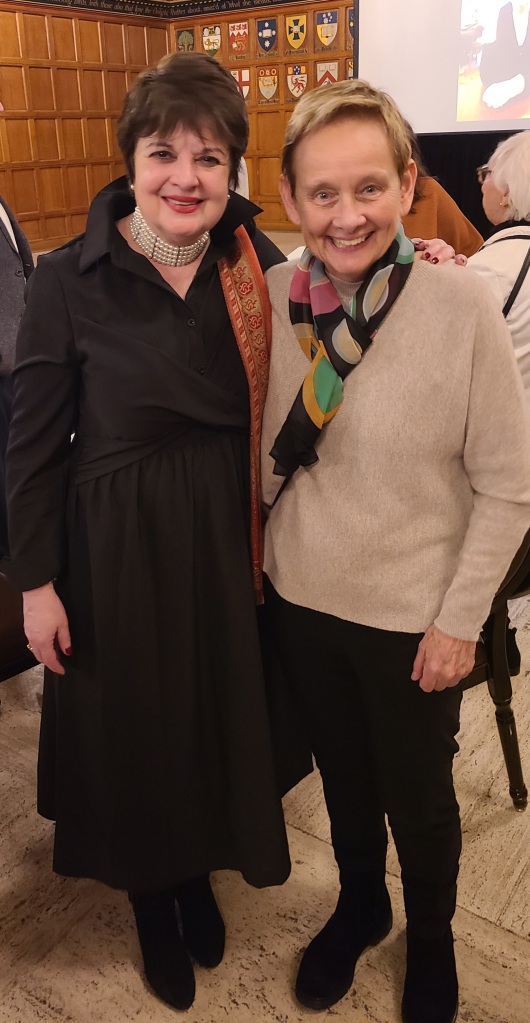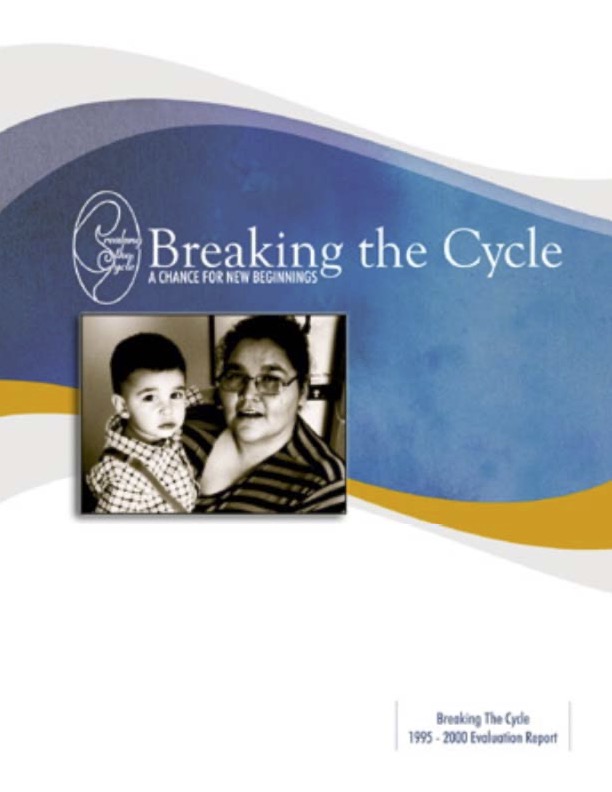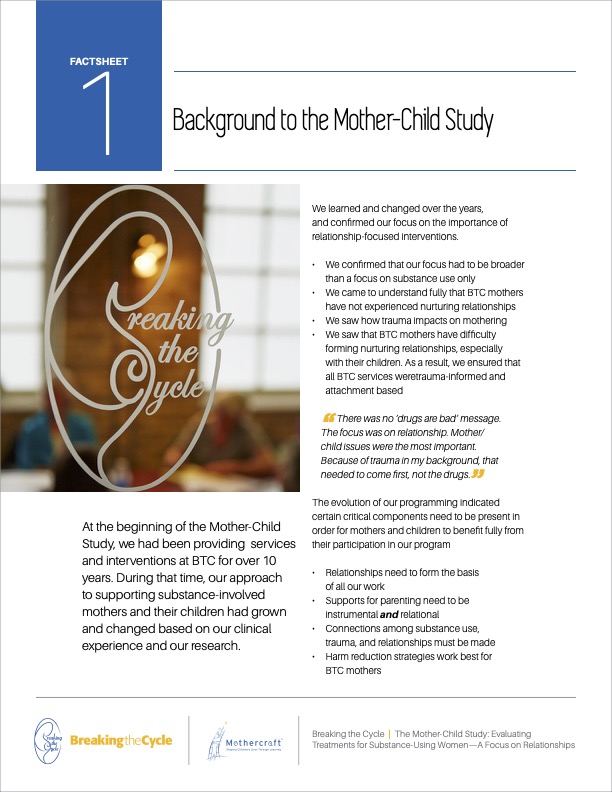Click here to listen to the blog (2:49).

In the lead-up to International Women’s Day, this blog celebrates the impressive contribution of Margaret Leslie to FASD prevention program development, delivery, evaluation and research. This year, the theme for International Women’s Day is about investing in women. Margaret recently retired after 3+ decades of embodying this theme in her leadership of the Breaking the Cycle program in Toronto.
“Breaking the Cycle (BTC) is an early identification and prevention program designed to reduce risk and to enhance the development for substance-exposed children (prenatal – 6 years) by providing services which address maternal addiction problems and the mother-child relationship through a community based cross-systemic model. Families receive integrated addictions counselling, health/medical services, parenting support, development screening and assessment, early childhood interventions, child care, access to FASD Diagnostic Clinic, and basic needs support in a single access setting in downtown Toronto, with home visitation and street outreach components.” (mothercraft.ca)

Since 1995, Margaret and her colleagues have been committed to research and evaluation to guide the multifaceted program development at BTC. Their early and ongoing research and evaluation work has yielded rich practice-based lessons that have been shared with, and influenced, all of us at the national level.
Margaret also led several strategies about trauma-informed and relational approaches, that have supported community based programs nationally and internationally, to assist women and their children who face intersecting issues of violence, trauma and substance use. That, and related work to advance comprehensive and intersectional approaches, caused BTC under her leadership to be recognized as offering best practice by the United Nations Office on Drugs and Crime.

Research and program evaluation continue to provide additional insights into the outcomes and underlying processes of the BTC approach. BTC recently published its fourth evaluation report and fact sheets about The Mother-Child Study: Evaluating Treatments for Substance-Using Women – A Focus on Relationships. The study examined and validated BTC’s seminal 3-pronged relational approach designed to help mothers, their children and the mother-child unit. It also underlines the importance of harm reduction, trauma informed and integrated approaches.
Through all these avenues and resources, Margaret has made a profound contribution to the field of FASD prevention. Brava Margaret and happy International Women’s Day!
